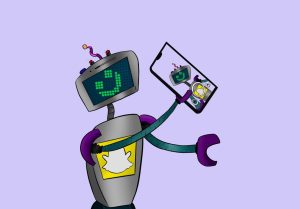The Decline in Teen Drivers and Rise of Driverless Cars
February 8, 2017
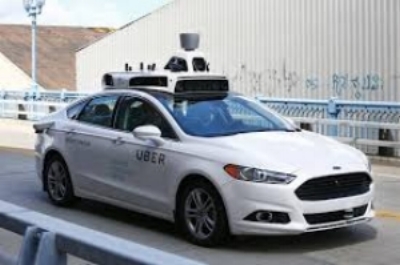 Photo courtesy of Chicago Tribune Pictured is one of Uber’s fully autonomous cars from the pilot Pittsburgh program.
Photo courtesy of Chicago Tribune Pictured is one of Uber’s fully autonomous cars from the pilot Pittsburgh program.
In Silicon Valley, it is not uncommon to see one of Google’s self-driving cars whizzing along 101. We hear about plans from various car companies to release driverless cars to the public market within a few years. We read about how fully autonomous cars will make it so people no longer even need a vehicle of their own. Already, big city kids bypass the tradition of learning to drive, opting instead for public transportation or taxi services, reports USA Today. The changes are happening so quickly that it makes sense to ask whether we may be the last generation of teens even to bother learning to drive. And if we are, should we be mourning the end of this century-old right of passage?
At BHS, fewer students, such as senior Gracie Kober, are placing great importance on learning to drive, delaying several months or even years before attempting to get permits or licenses.
Kober, who has her permit and plans on getting her license shortly, feels that “having your license right at 16 isn’t super essential.” As of now, she relies on friends, family, and walking to get her where she needs to go.
This trend is not limited to the Bay Area. Throughout car-obsessed California, the number of 16-year-old drivers has dropped by almost 20 percent from 1999 to 2015, according to the California Department of Motor Vehicles. Other studies show this decline is a new norm nationally.
A myriad of reasons factor into when a student learns to drive, from being simply just too busy to financial complications.
“I don’t have my license because the insurance is too expensive and I also don’t have a car to drive,” junior Rachel Maxwell said. However, Maxwell plans on getting her permit this upcoming summer.
Technological advances like self-parking and voice command have already changed how we learn to drive. But these innovations will seem ancient once fully driverless cars become commonplace–a reality that the U.S. Secretary of Transportation projects will happen within ten years all over the world. According to Business Insider, 10 million driverless cars will be on the road by 2020.
These predictions seem on target. In September, Uber launched its first fleet of driverless cars in Pittsburgh, Pennsylvania as part of a pilot program. Selected Uber users have the opportunity to experience a ride from a driverless car firsthand. However, it is still clear that these cars remain in developmental stages. As of now, a human still sits in the driver’s seat to monitor the vehicle’s movement and take over in case of a problem or unexpected hazard.
At the 2017 Consumer Electronic Show in early January, auto giants like Toyota and Hyundai graced the showroom floors with driverless cars they say will be available to the public in the near future. Hyundai, among others, is aiming to appeal to the average consumer, ensuring that these new offerings will not just be a feature of large car services or the wealthy.
With so many changes coming quickly, it is hard not to wonder about what this all means for the future of driving. New rules of the road will need to be created to accommodate this new technology. Cars will look different, perhaps turning “manual cars” into the next hottest hipster item. A generation from now may look at our driver’s licenses with the same curious awe with which we look at our parents’ old record albums.
Like any change, though, driverless cars will have to prove they are worthwhile. Many BHS students are still not ready to make the switch and have reservations about the technology.
“I would not consider using driverless cars because I don’t trust them and [I] enjoy driving,” said sophomore Olivia Heffernan, who got her license almost immediately after turning sixteen.
“Personally, I would not feel safe in a driverless car just because it could malfunction or lead to too much use of technology for things that we are perfectly capable of doing. I also don’t trust something completely machine operated with my life especially since it is such a new development,” Kober added.


![WASC looks for more than the basic California State standards. According to chairperson Mike Woo, “As new rules and new concerns come up through society, [WASC] look[s] is the school doing something about that. Like the biggest trend post-COVID is mental wellness. So is your school doing something to address the mental health of the students? Along with are they still doing the proper academics?”](https://theburlingameb.org/wp-content/uploads/2024/03/IMG_3401-1200x1200.png)
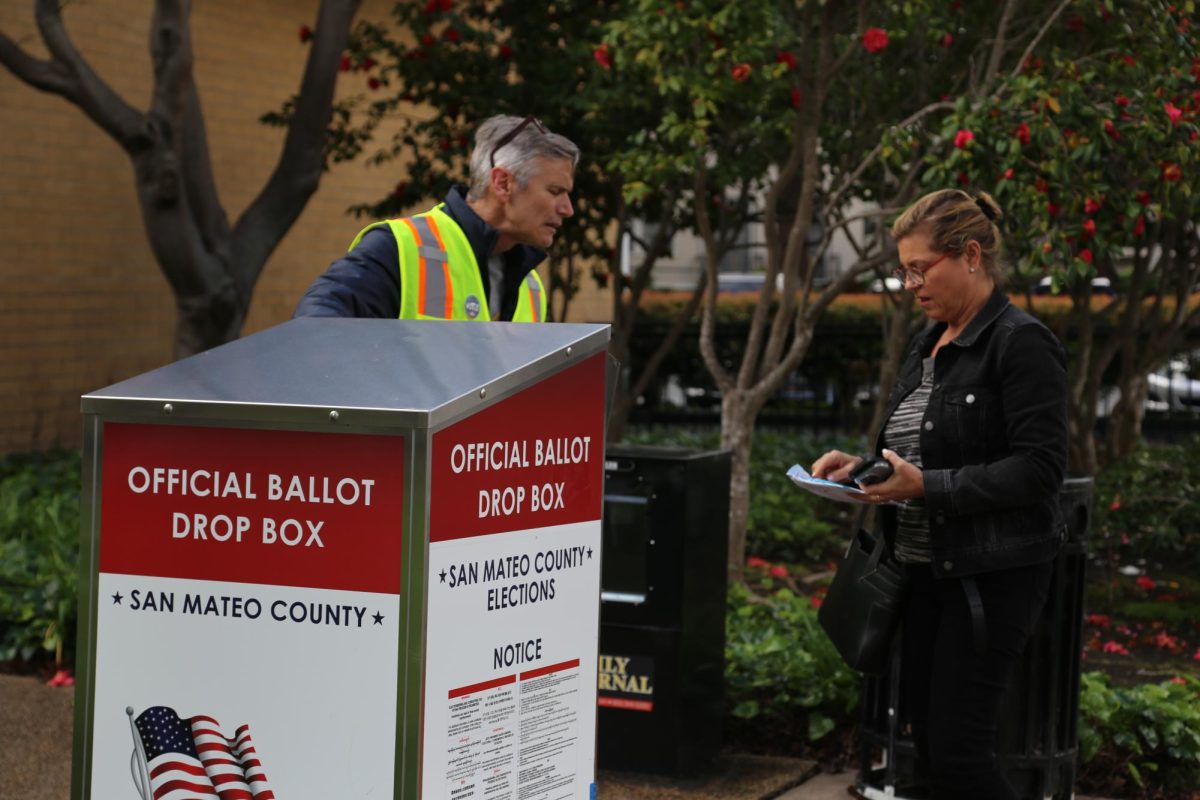
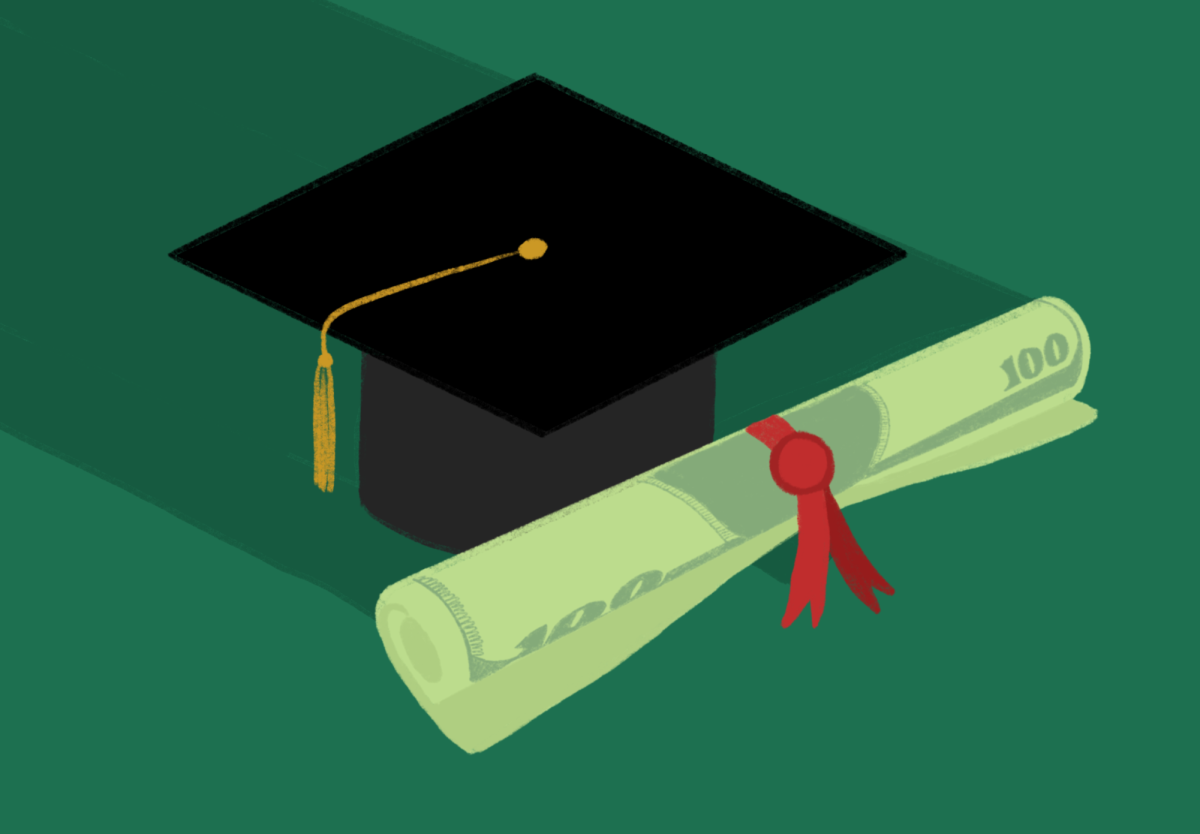


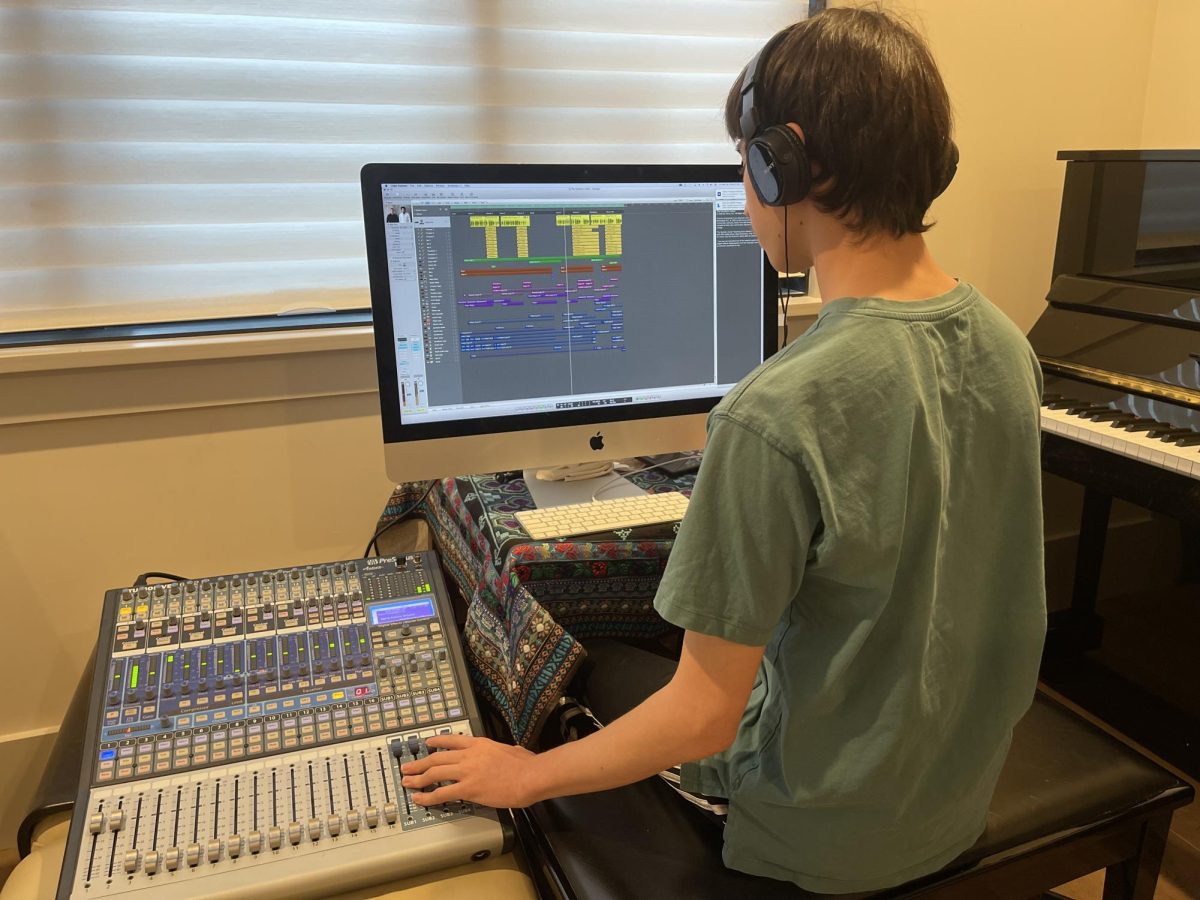

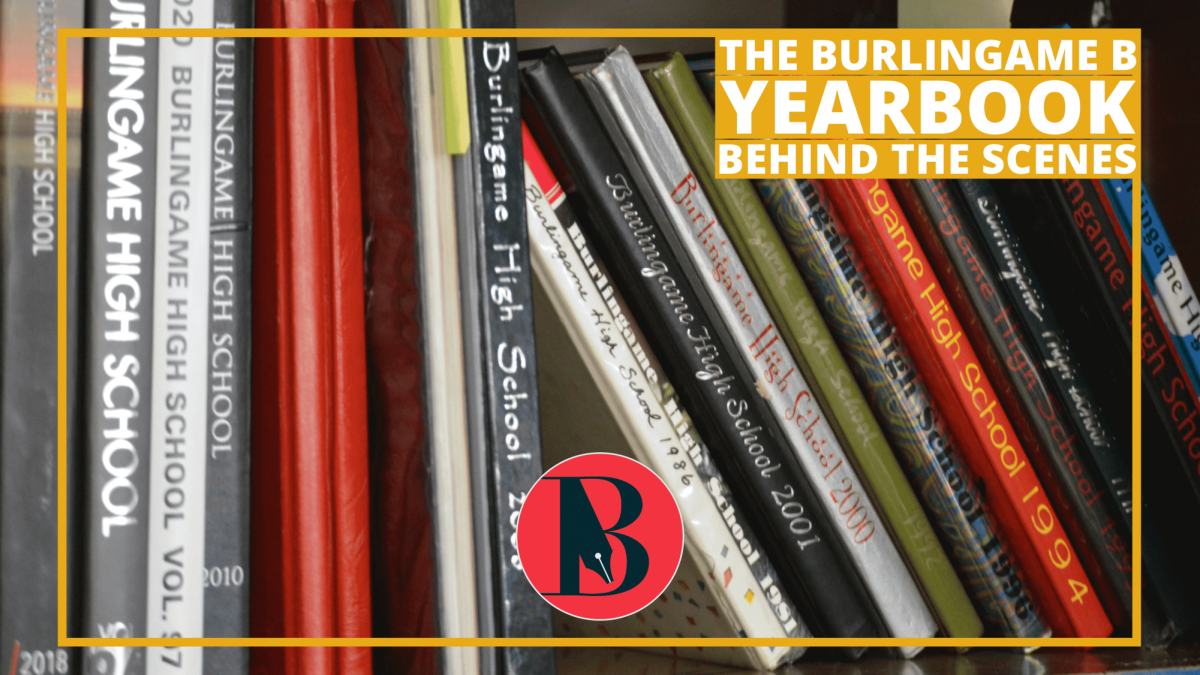
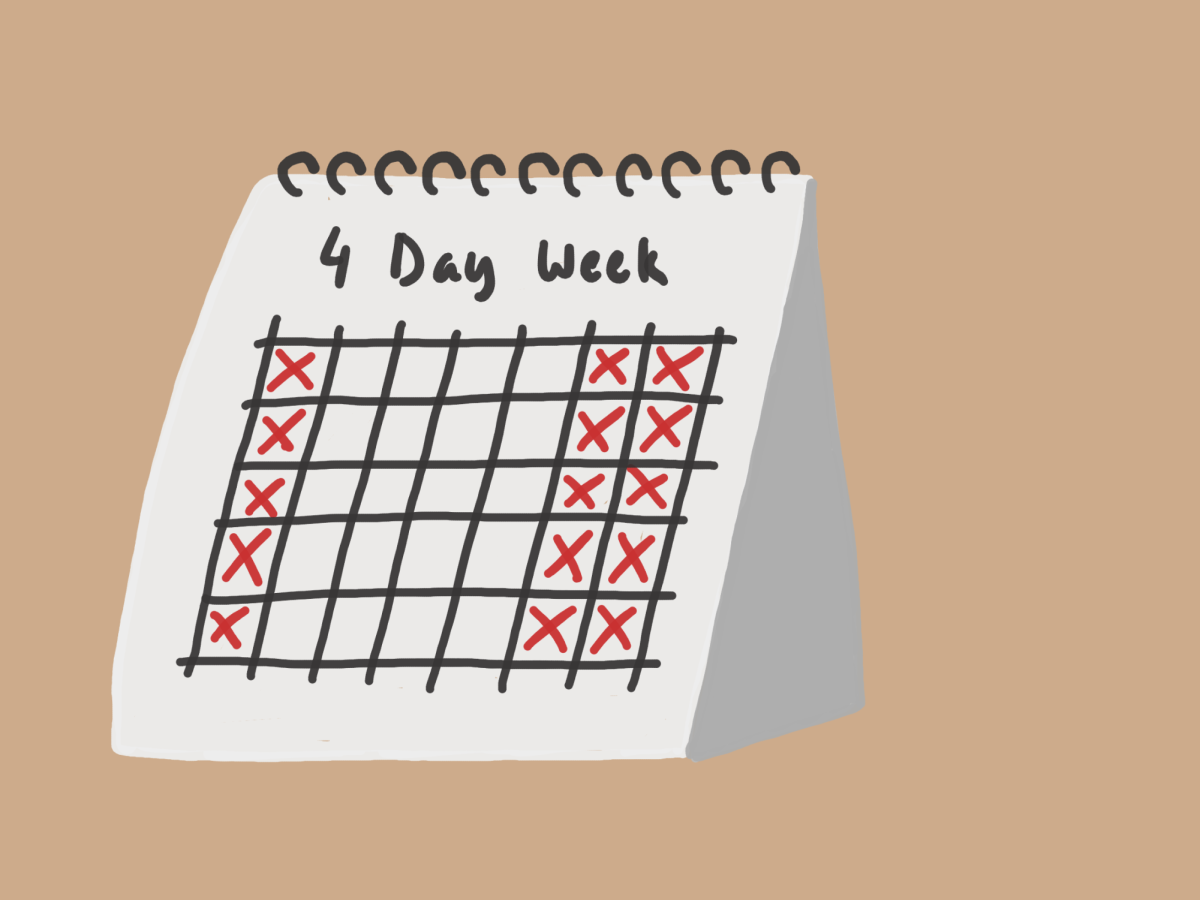


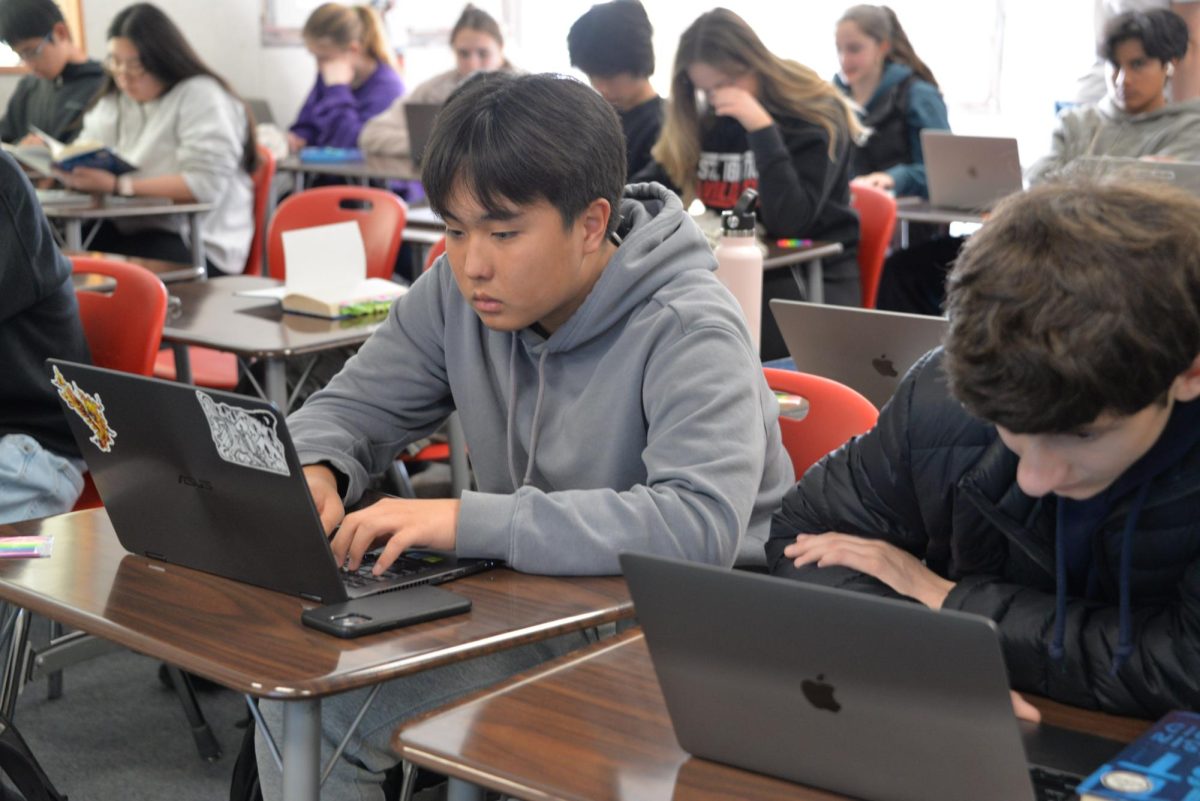
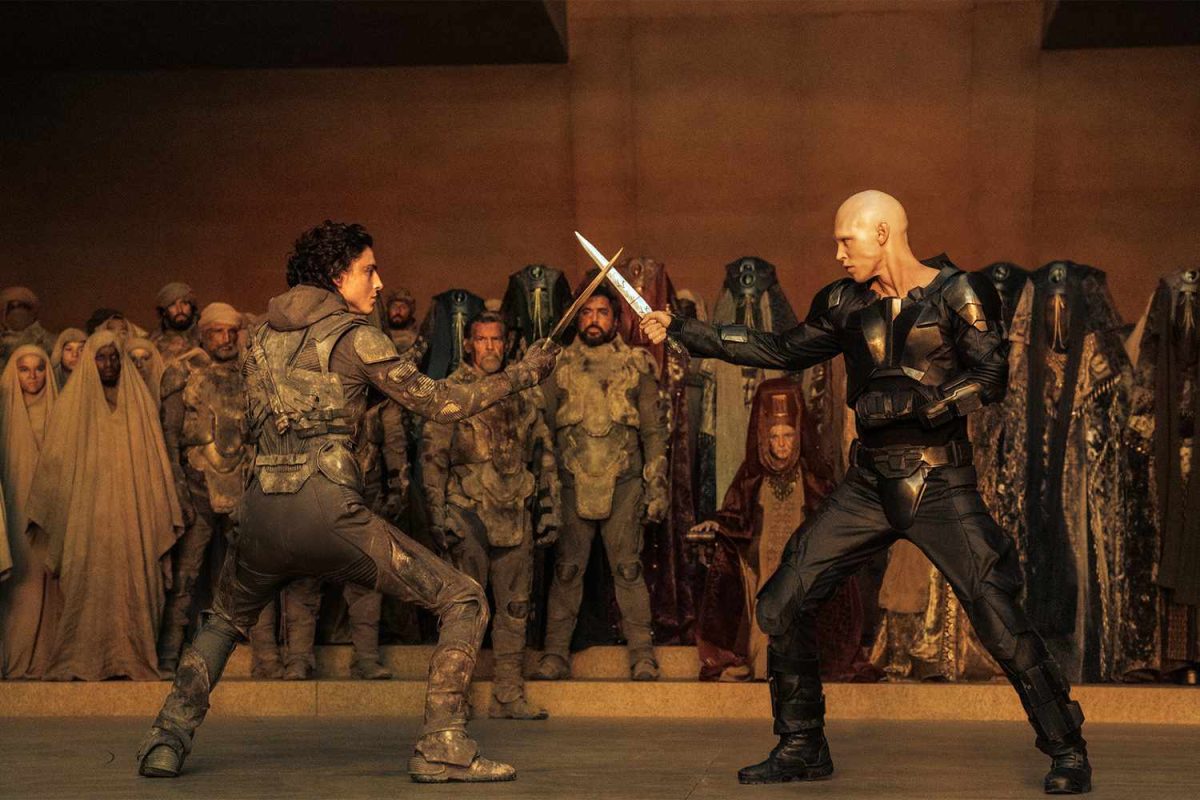
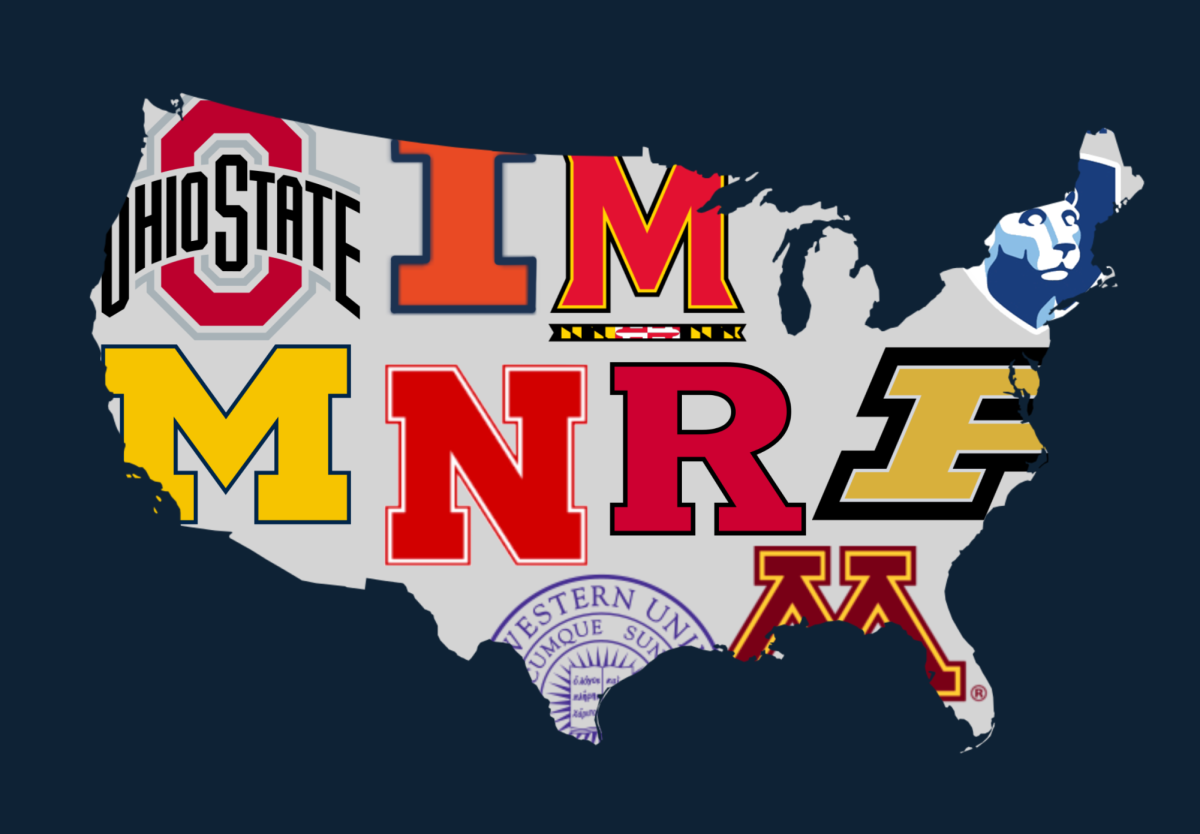



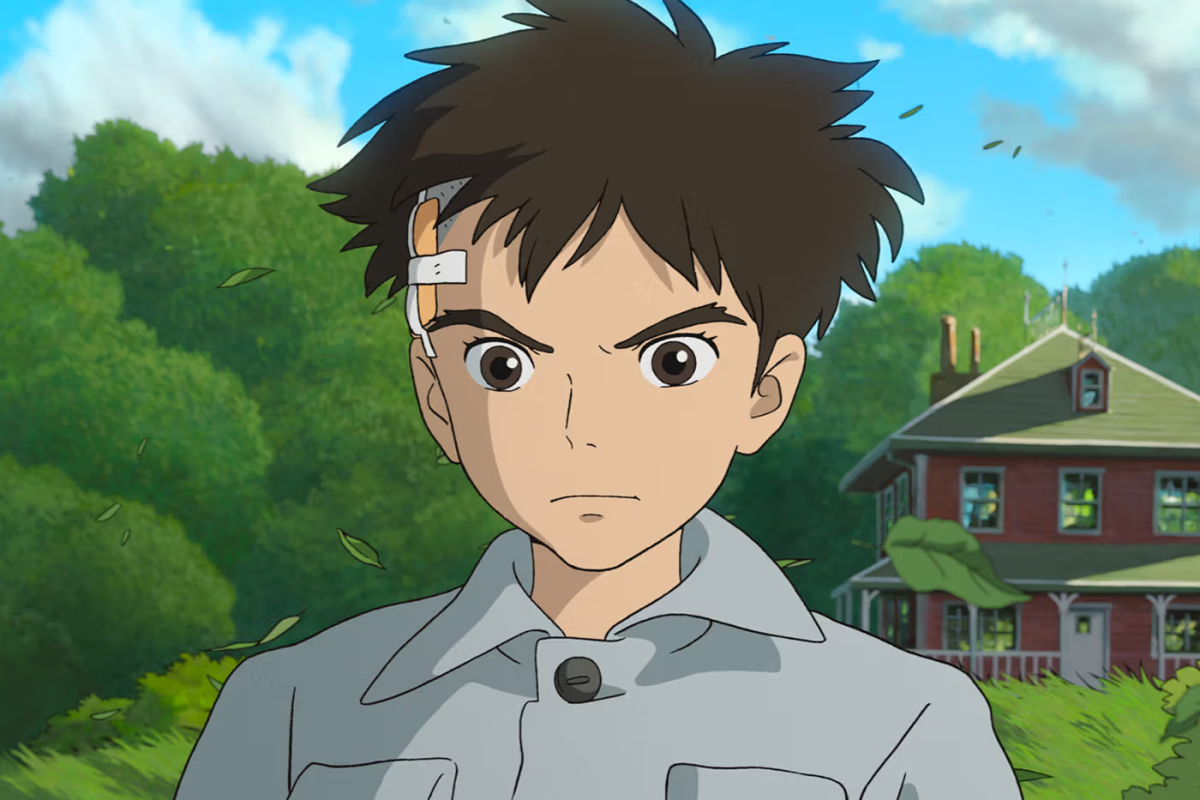




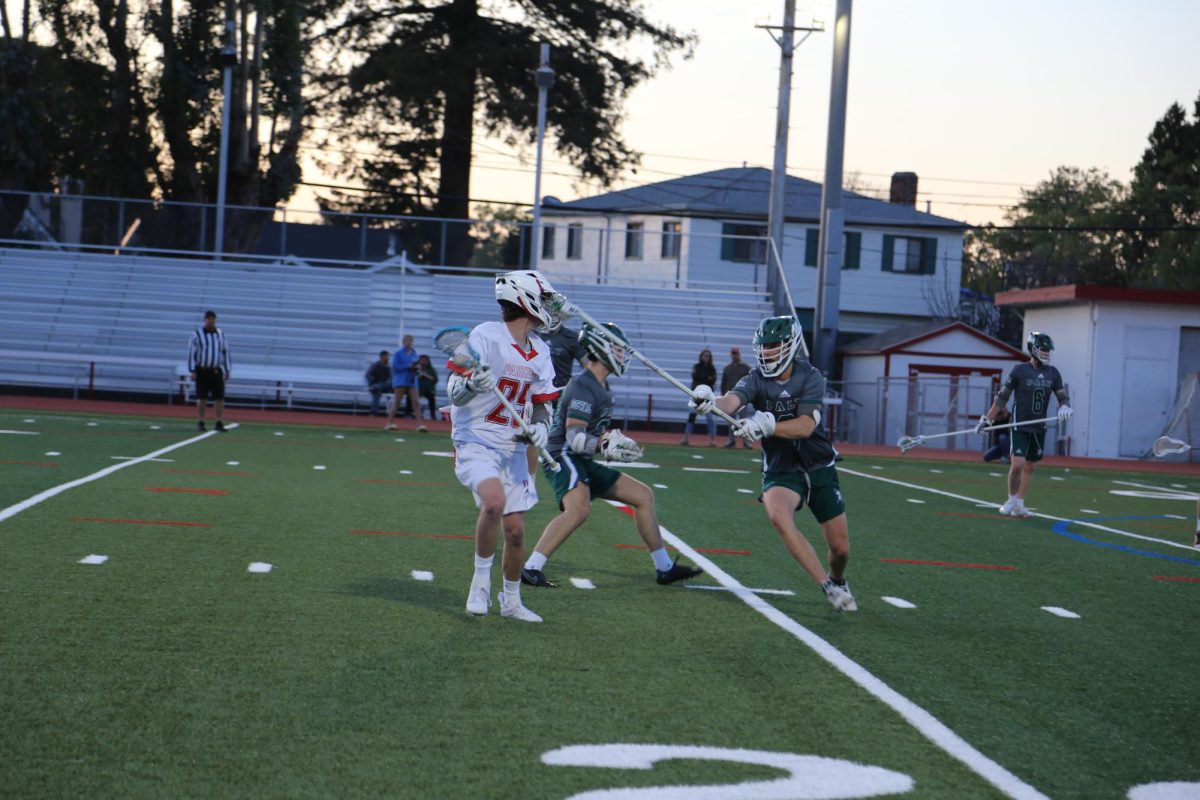
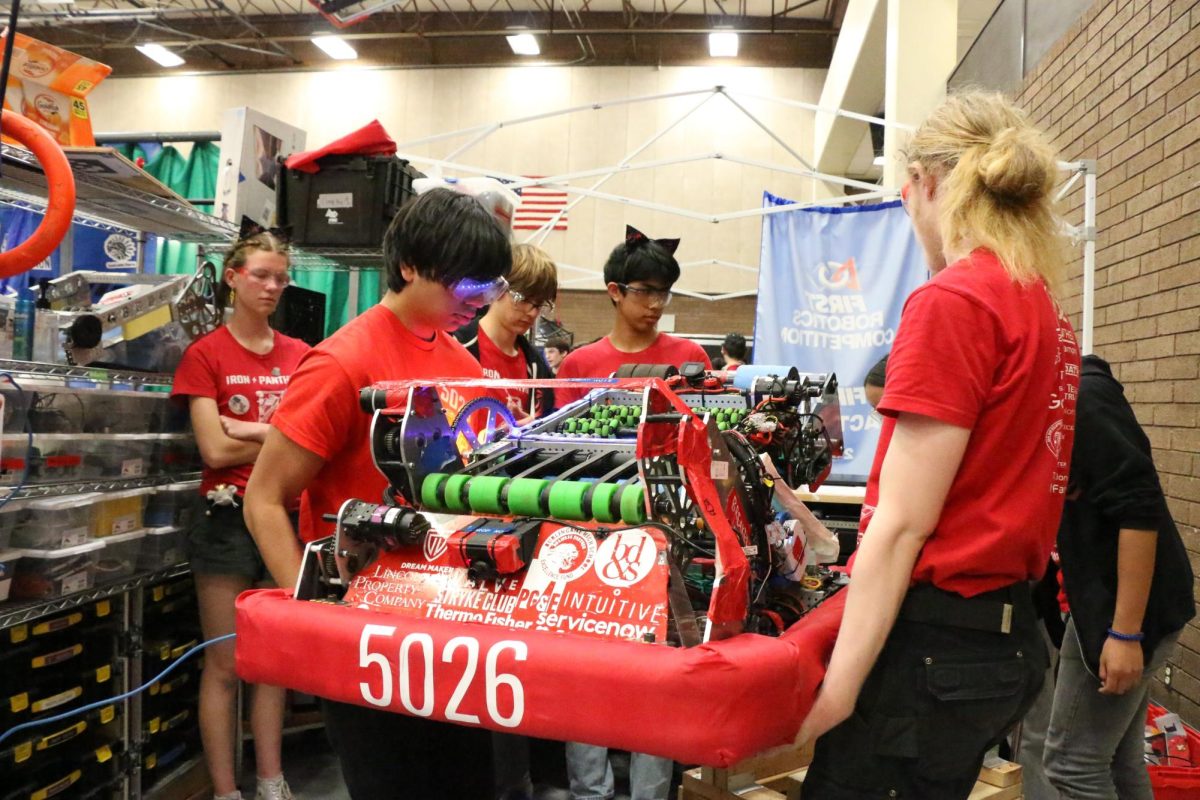
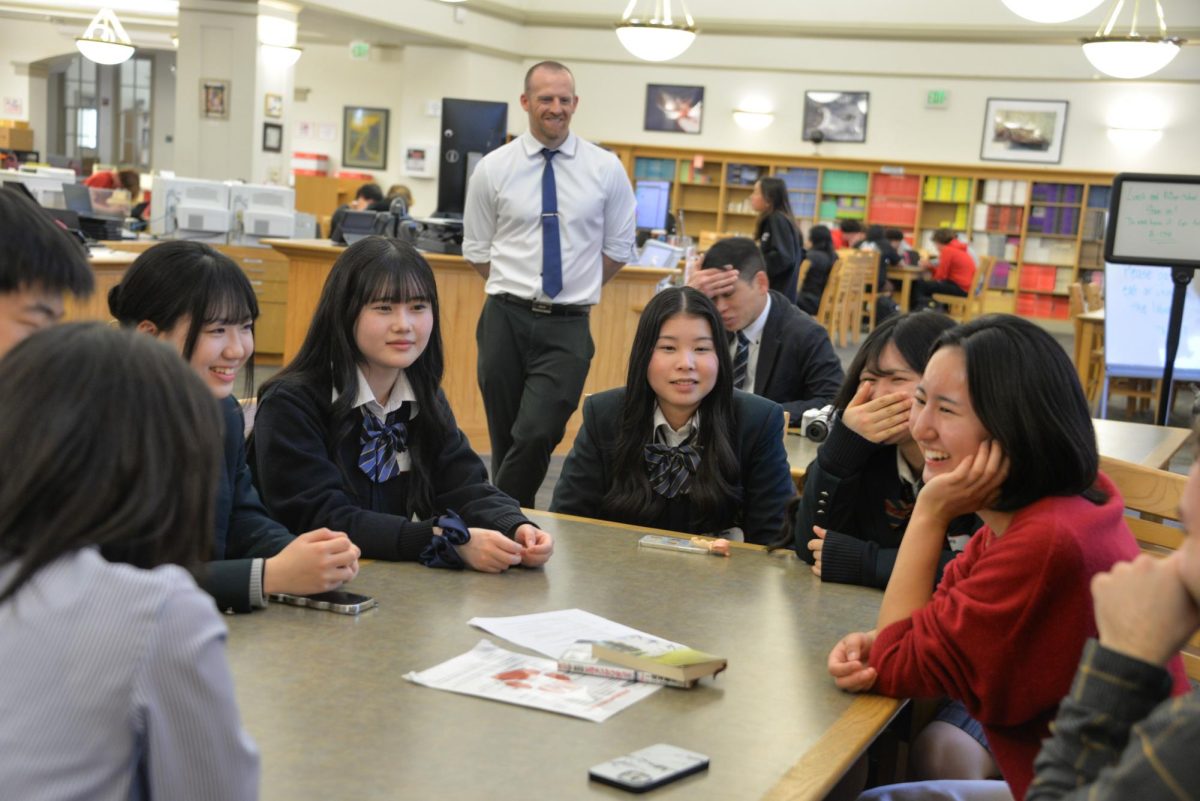
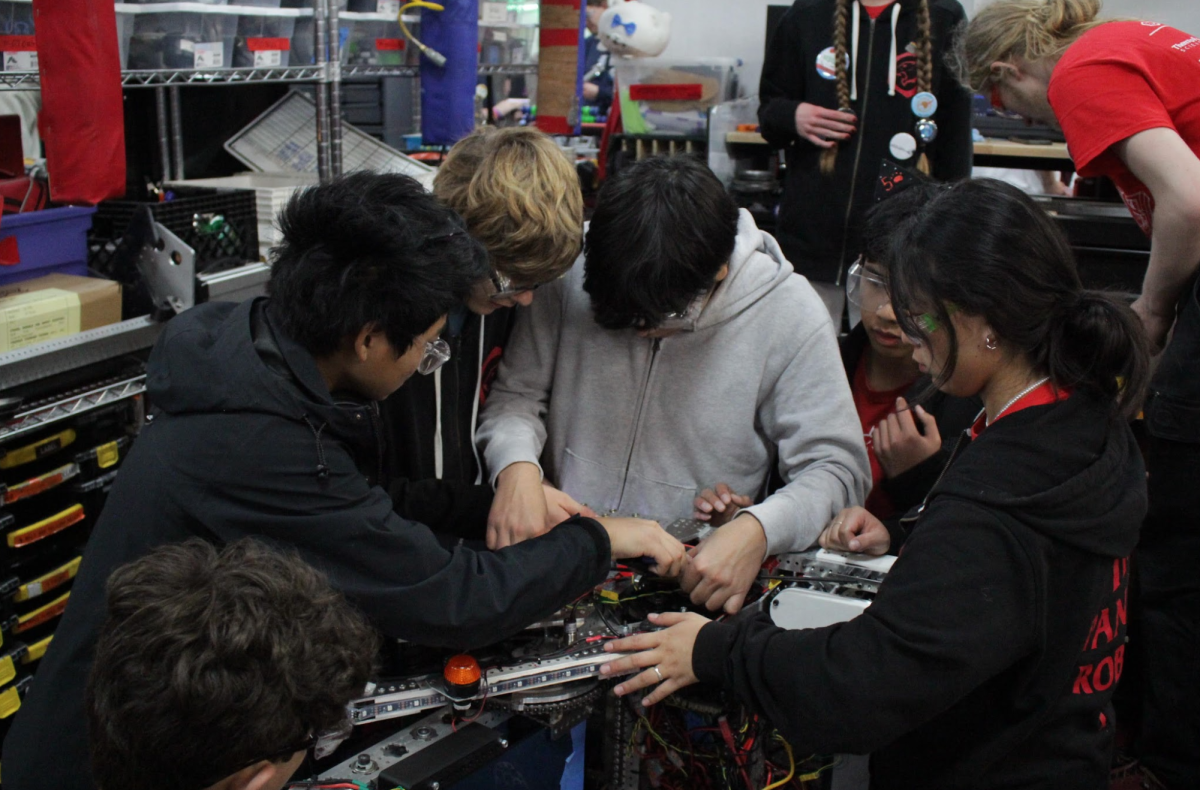
![“For me personally, I want [others] to see the music program as a strong union because we can really bring out the life of our school,” Vega said. “We need music, you know? Otherwise, things would be really silent and dead.”](https://theburlingameb.org/wp-content/uploads/2024/03/unnamed-1200x801.jpeg)





